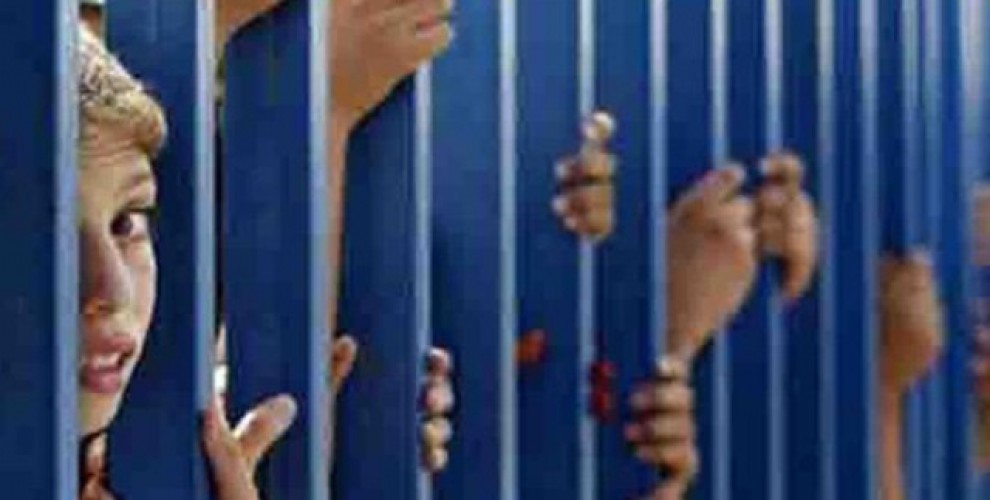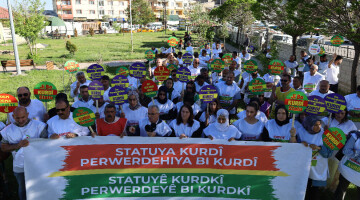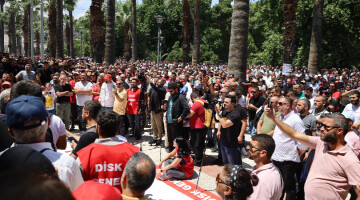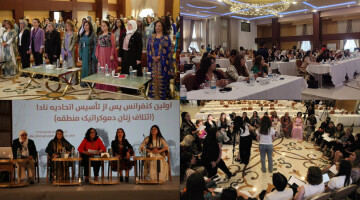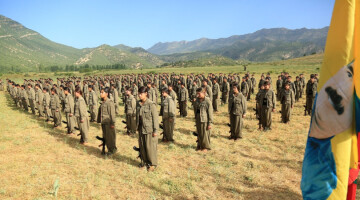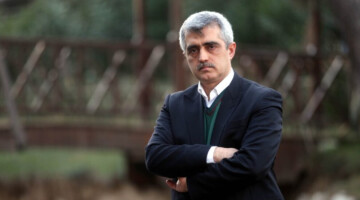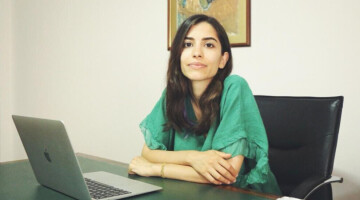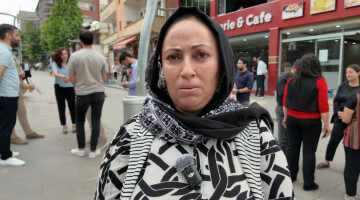Three thousand children between the ages of 12 and 18 are imprisoned in the Turkish state prisons. 700 children under the age of six and 170 refugee children should be added to these statistics.
The Turkish government, building more prisons for children, gives the society the message that the number of child prisoners will increase further.
Instead of protecting children and their rights, the Turkish government increases the number of child prisoners daily, and it seeks to distance the children from the society.
Lawyer Emin Çoban, director of the Children's Rights Center operating under Diyarbakır Bar Association, spoke to ANF about the current situation with regards to the children jailed in Turkey.
The lawyer pointed out that they find out violations after a follow-up of direct applications made to the children rights centers, prison commissions, denouncement of jailed children’s families and media reports. He said they then intervene the situation directly and continued; After a determination of violations, we have face to face meetings with the victims. In Diyarbakır region, we mainly receive applications on the problems of child prisoners imprisoned for political reasons, who are criminalized based on the anti-terror law, unlike ordinary child prisoners, are treated like adults and face pressures due to political backgrounds. The situation of children in prisons throughout Turkey is dire and they are subjected to violence and torture.”
13 child prisoners died in the last five years
Remarking that there are over three thousand children between the ages of 12 and 18 in Turkish prisons, the lawyer shared the following information; “Most of these children are arrested because of ordinary crimes. Apart from that, we see refugee children put in prison during the past 4-5 years. More than 170 children who do not have Turkish citizenship are held in various jails and most of them are from Syria. On the other hand, there are not less than 700 children aged between 0-6 who are imprisoned together with their mothers. Since 2013, 13 children have lost their lives in prisons.”
Children's prisons must be closed
Stressing that children's prisons must be closed, lawyer Çoban pointed to the fact that jailed children are isolated from society and face a higher risk of engagement in crime in their social lives after imprisonment.
“A recently published report pointed out that a large majority of the jailed children go back to prison after their release. In an environment where children are separated and totally isolated from social life and family, where they are subjected to violence, lack of education, hunger and abuse, they cannot complete their development. On the contrary, it is a reality that these children develop a counter reflex and engage in crime. For this reason, children must be rehabilitated reintegrated into the society not in prisons but in an environment with better living conditions. Some children receive prison sentences higher than their ages without knowing about the meaning of the sentences even. They find themselves in courts and prisons and during their jail term they are subjected to violence, abuse and insult. They even attempt to kill themselves because of this. There is even a risk of them being murdered by the prison staff.”
Child prisoners do not receive social service
Emin Çoban believes that the lack of psychological support is one of the most serious problems of child prisoners. He tells that; “They receive neither an adequate medical service nor psychological support. Similarly, they cannot meet social service specialist. All these issues create an obstacle for the social and personal development of jailed children. When they suffer an abuse and want to expose it, they cannot find any communications channel. They either tell their families during visitation or complain to the prison administration, with the latter choice actually producing no results for them.”

